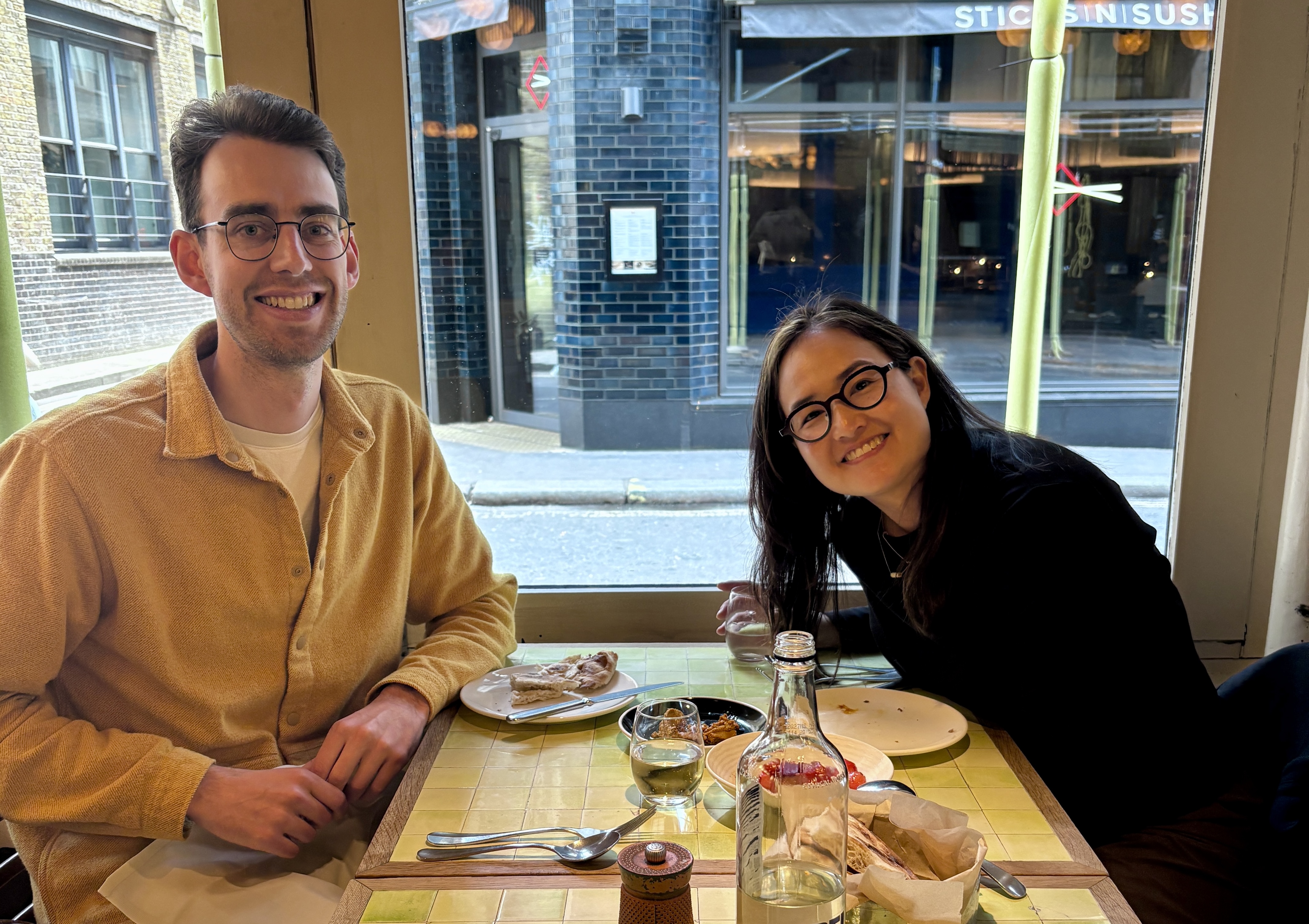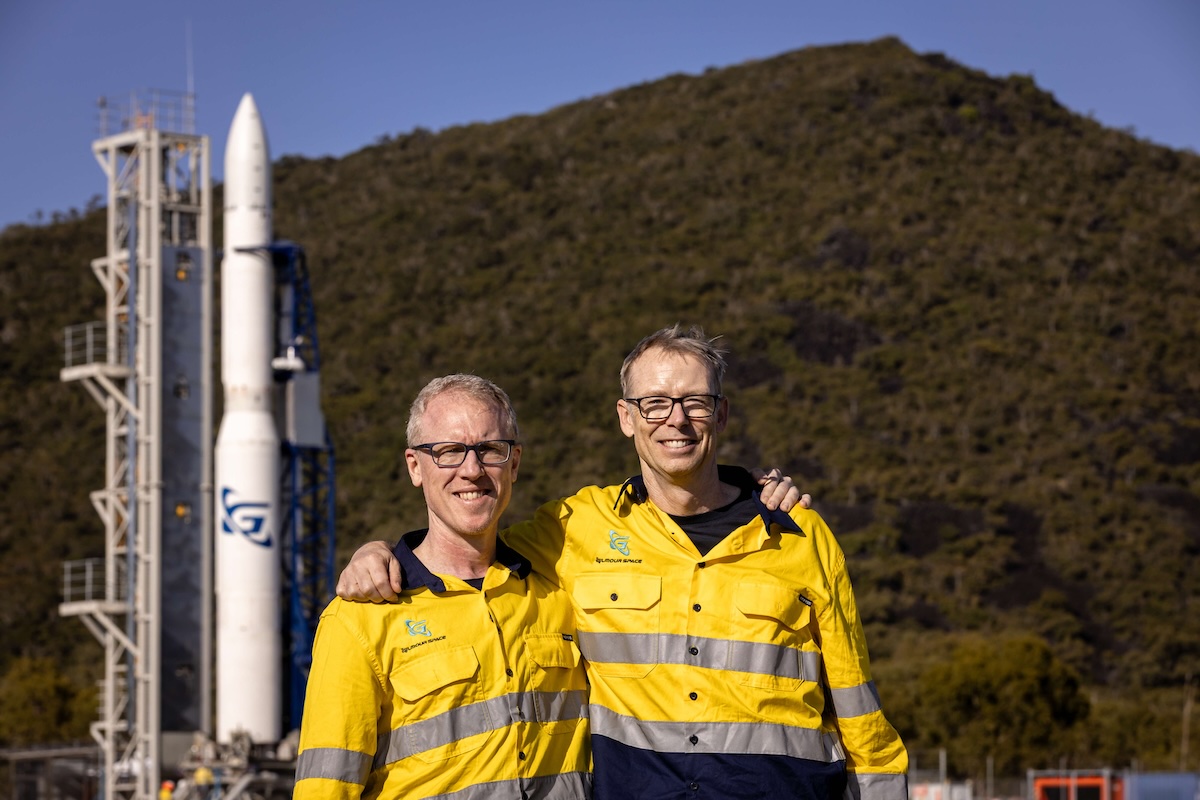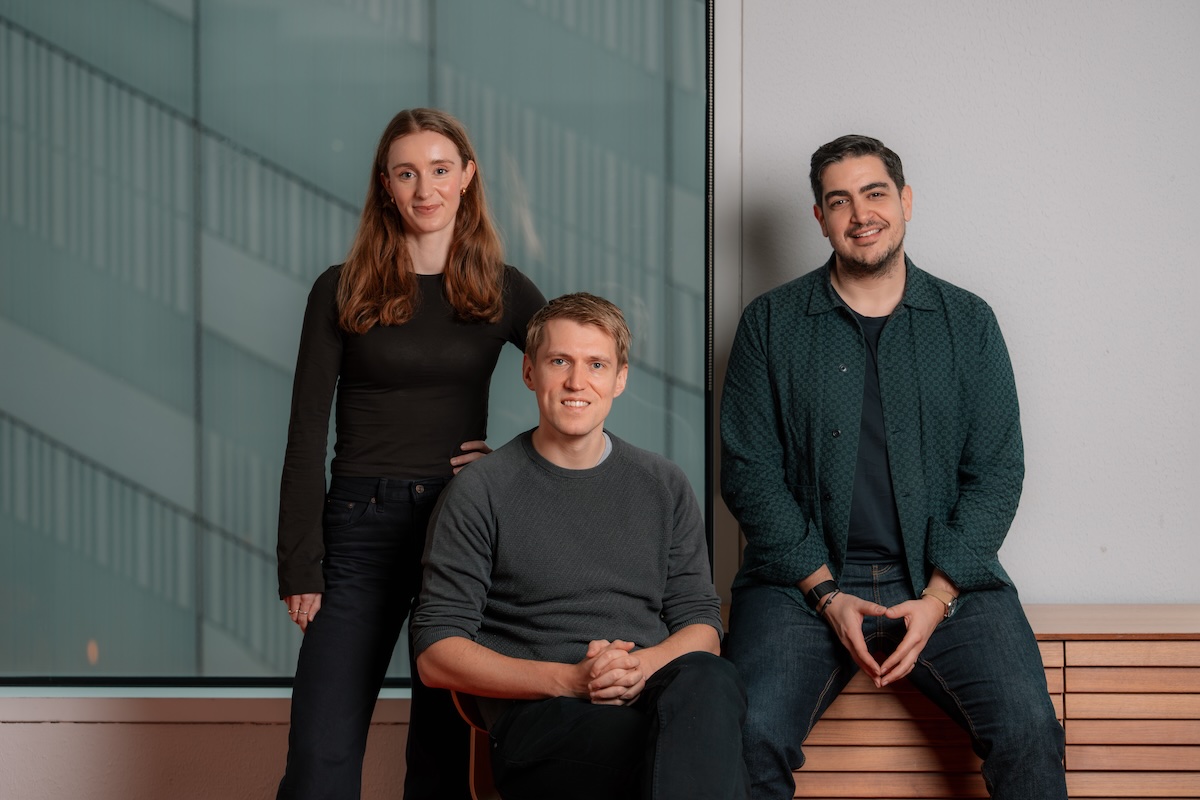.jpg)
Investing at Day 0 of Marloo
Investing at Day 0 of Marloo
This week Marloo announced their Seed round, led by Blackbird. The truth is that this round has been around 18 months or so in the making.
It started when we led the Pre-Seed round in April 2024, when the company was basically a shell entity, with two founders, one who had not yet left their day job, and without an idea of what they would build.
This week’s announcement is a tribute to how the founders Hardy and Shak have built Marloo from literally nothing to where it is today, growing 45% month-on-month with customers in Australia, New Zealand and the UK, with just a team of 4 (but growing fast!).
Be the First to Believe
At Blackbird, our investment philosophy is simple.

- We aim to be the first to believe in a founder.
- By believing early and following on in subsequent rounds, we build meaningful ownership in our best companies.
- We are proudly generalist investors. Just as it was non-intuitive why Canva, Atlassian, Xero or Rocket Lab should have been born in Australasia, we don’t try to guess where the next great idea will come from. Our job is to develop exceptional pattern recognition for great early stage Aussie and Kiwi founders.
- If we do all of the above three things well, we will be able to offer high quality co-investment opportunities to our limited partners.
At the beginning of 2024, Hardy Michel announced that he was leaving his job to start a startup. I pounced on the opportunity to learn what he was thinking next. It turns out, he didn’t really have any idea what he was going to build, but the intensity of his role working at an Estonian fintech in hypergrowth didn’t allow much free time to explore. I respected the instinct to just back himself.
I’d known Hardy for several years before he became Head of Brokerage at Lightyear, the Robinhood for Europe, an Estonian fintech founded by Transferwise alumni. Prior to that he was Head of Operations at Sharesies, one of the breakout Kiwi startups of the last decade, and went from employee #2 to building out all the back office operations for their billion dollar brokerage business including being Responsible Manager on their financial services regulatory licenses. Hardy is one of the most connected, well-regarded operators in the ‘2nd generation’ of Kiwi startups, and was one of our earliest and most engaged angel scouts in Aotearoa New Zealand.
After a quick chat, I wondered to myself: ‘why wait for the idea before offering to invest?’ There was almost nothing that Hardy would want to build that I wouldn’t want to be a part of. Through our sessions sparring on angel investments, I knew we could have frank and fearless conversations about the merits of this or that idea, product, go-to-market strategy. He had boatloads of ambition and determination, and a great network to hire from.
Why Wait?
During the last decade at Blackbird, I’ve learned that everything about a startup can change from the time you first invest - the idea, the product, the market, the distribution strategy, the regulatory environment. Basically everything except for the founders. So, in the beginning, you are really just investing in a founding team and their ability to execute.
So why wait for the idea?
It also occurred to me that waiting for Hardy to pitch me an idea could actually be bad in this case, for both the founders and us. I’ve seen this happen many times before where founders need to raise money, so they just pitch the least bad idea they have, rather than the idea that they have built full conviction in.
I knew Hardy did not have an endless personal runway, possibly around 6 months max. The best ideas take time to fully germinate and take the ideal shape. Sometimes, the idea is literally their life’s work and this characterises the investing we love best at Blackbird. But, it’s not the only way to build a great company.
I wanted Hardy to have the freedom to fully explore the ‘idea maze’ before going all in. Balaji Srinivasan explains this concept:
“A good founder is capable of anticipating which turns lead to treasure and which lead to certain death. A bad founder is just running to the entrance of (say) the “movies/music/filesharing/P2P” maze or the “photosharing” maze without any sense for the history of the industry, the players in the maze, the casualties of the past, and the technologies that are likely to move walls and change assumptions.”
The reality is that it takes time to go through the maze, especially right now, when industries are going through huge transformation and change with AI. Founders need to both have a rich sense of the history, but also good predictive ability around the multiple future paths of an industry might chart.
Reverse Pitch
So, I sold myself on wanting to lead a small pre-seed round. The design principle was that it should be just enough for Hardy and a cofounder to live frugally on for 12 months, spend on contractors as necessary to build prototypes, and a modest travel budget to enable them to speak to customers and explore markets on-the-ground.
Operating within constraints, we agreed, was important to the quality of the outcome. Pressure makes diamonds.
Hardy was giving up valuable opportunity cost by not earning a market salary and more importantly, not earning equity at a high growth startup. Twelve months was enough time to truly validate an idea and win first customers. If he couldn’t achieve that, then he shouldn’t give up the opportunity to earn millions in vested equity and should go and work at another startup instead.
Happily, Hardy was intrigued and open to exploring it.
Process > Idea
We spent the next couple of weeks going back and forth on process and principles alignment and getting to know Hardy’s choice of co-founder, Shakeel Lala.
Shak was a Product Lead and Data Scientist as well as former strategy consultant with mathematics and bioengineering systems degrees. At Sharesies, Shak led the Company Partnerships team to great success, building it from scratch to a meaningful and fast-growing part of their business. The team he led started with no specific product in mind beyond the idea that Sharesies could partner with companies to deliver value to them and their stakeholders. Sounded like the perfect set of skills for this challenge.
The investment process became one of validating the founders, not through the lens of the idea, market, product or customers, but instead, by their process to generate the idea that the company would ultimately be formed around.
We focussed most of our diligence on the thinking and work they had already done around this, and the quality of their thinking as well as their ability to move quickly and resourcefully was extremely validating.
What We’ve Learned

From Marloo, I’ve learned that investing pre-idea isn’t an act of recklessness. It’s an act of discipline.
It requires:
- A deep conviction in the raw material of a founding team.
- A willingness to look foolish in the short term.
- The patience to wait while an idea emerges, mutates, and matures.
It is thrilling, and it is terrifying. It feels true to the company formation process, gnarly, chaotic, non-linear, high risk.
At Blackbird, we’re committed to finding and backing the next Marloo — even before they know what they want to build.
If you’re an ambitious founder, idea or no idea, I want to hear from you. My DMs are open or apply to come along to our next Something New ✨event.
Samantha Wong and Georgia Robertson, on behalf of Blackbird



.webp)





.avif)

.avif)
